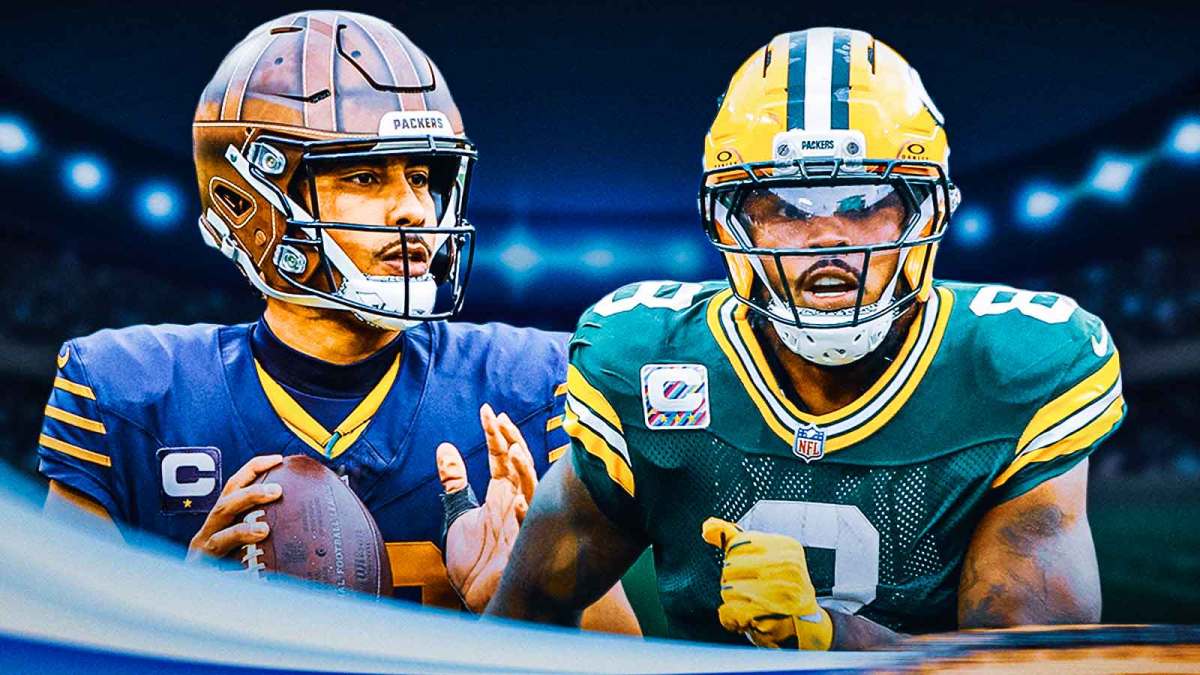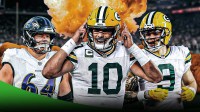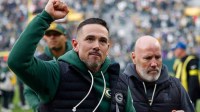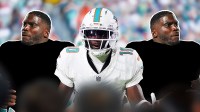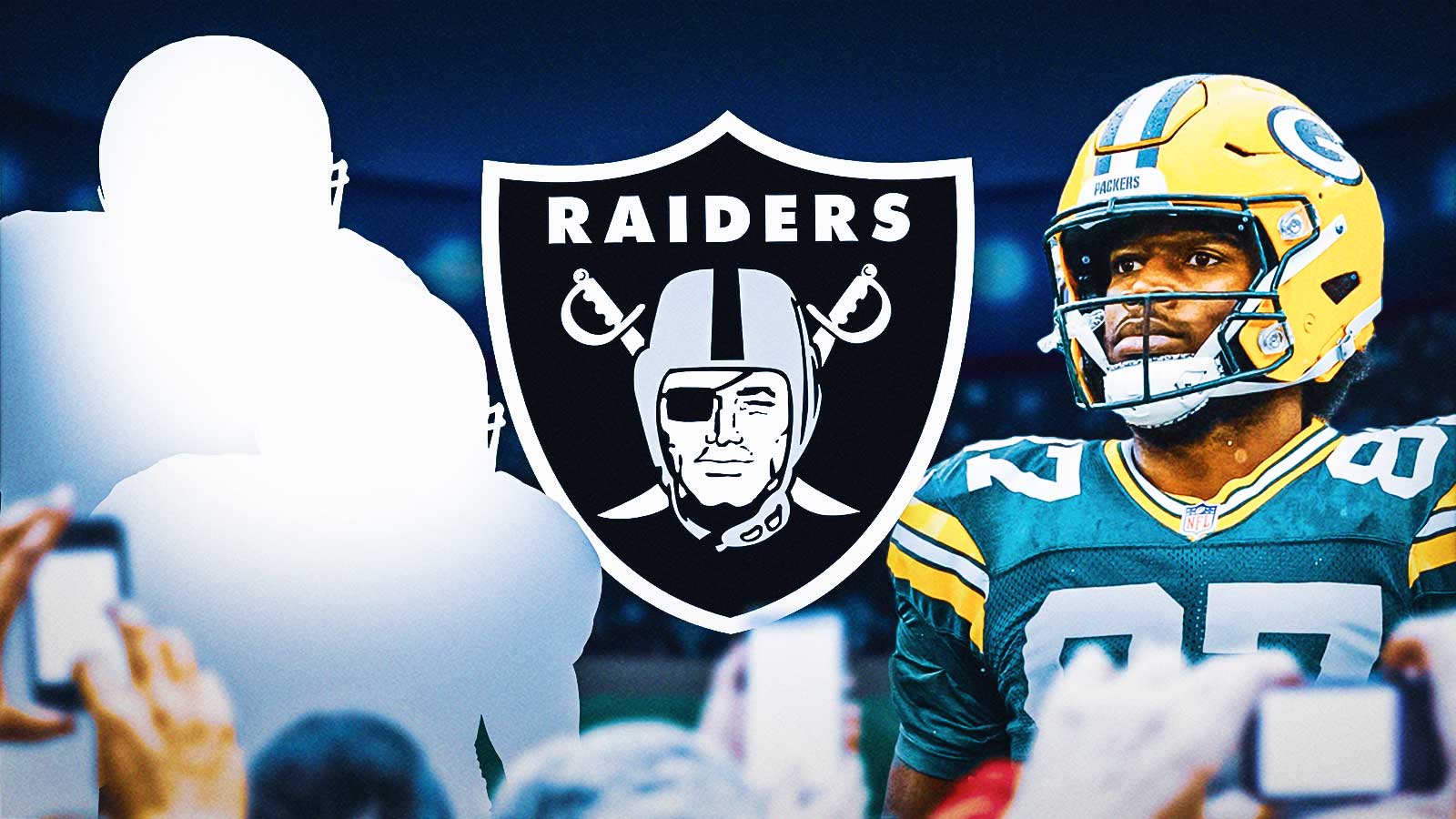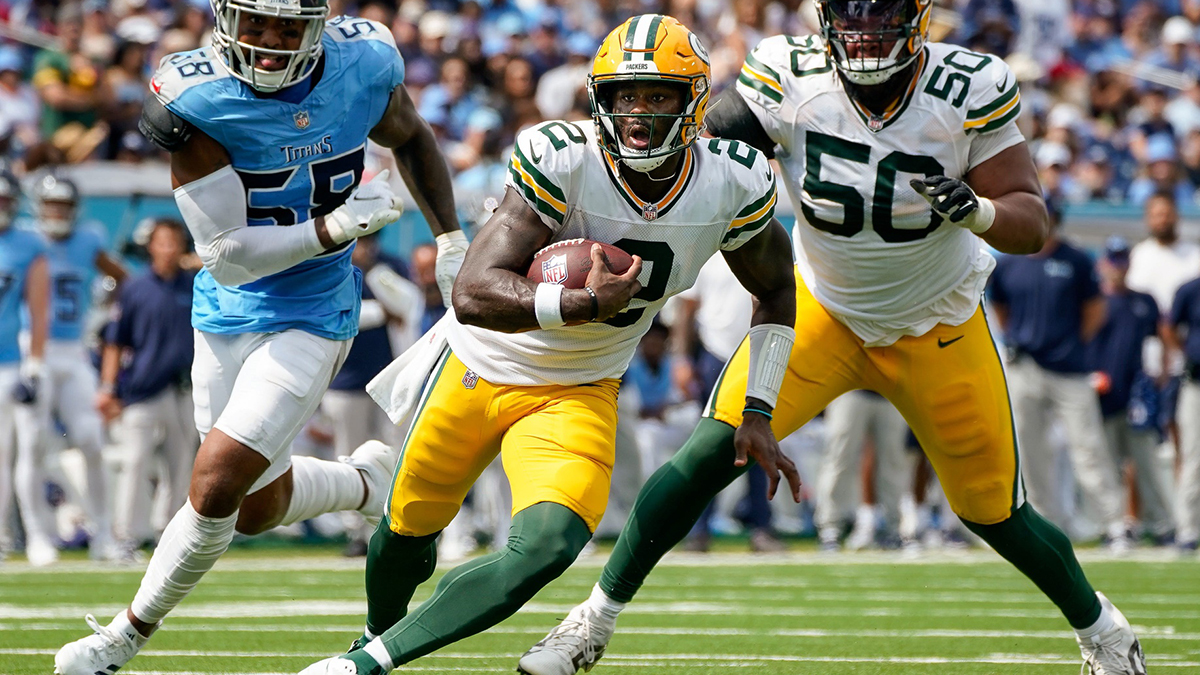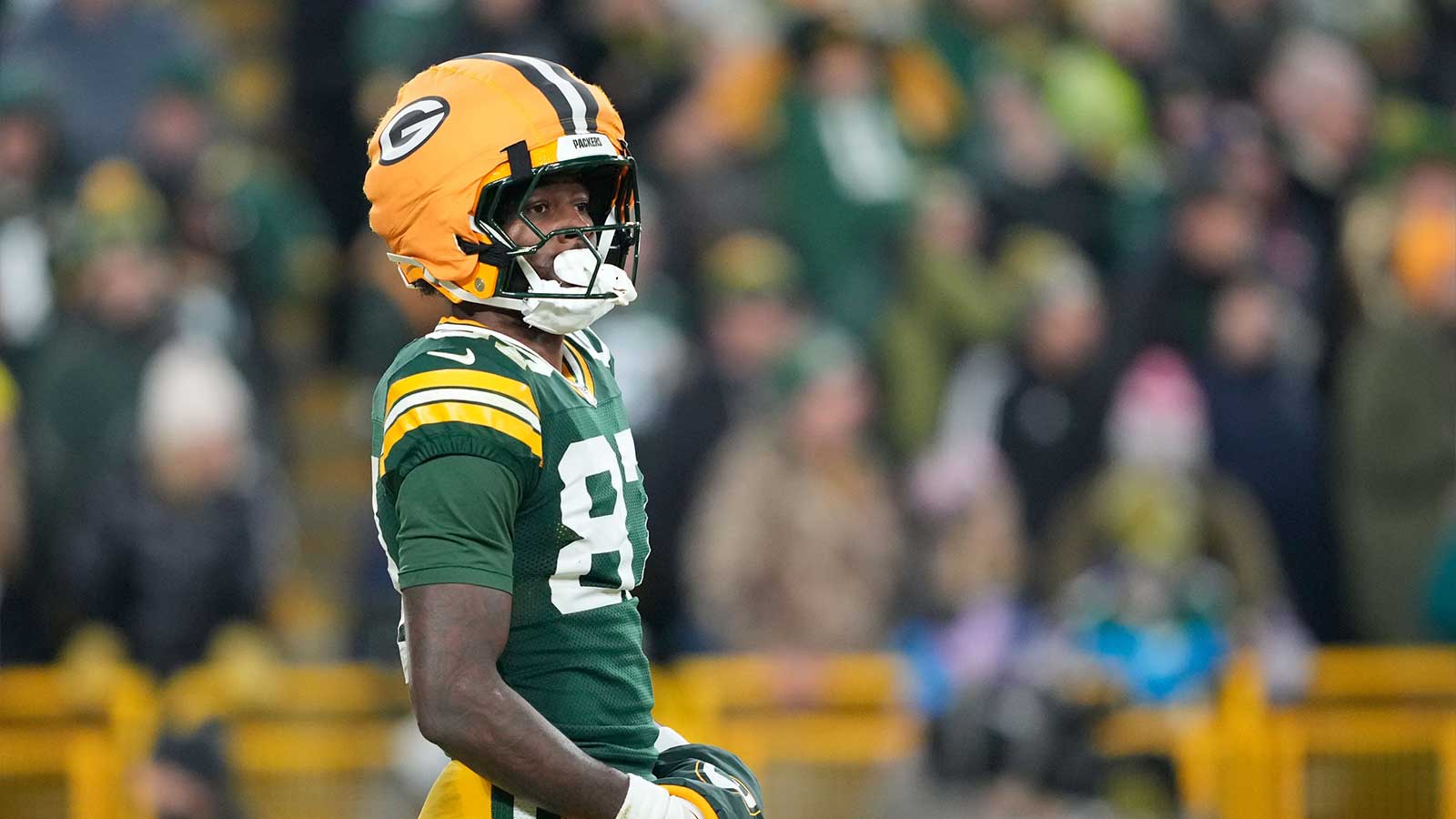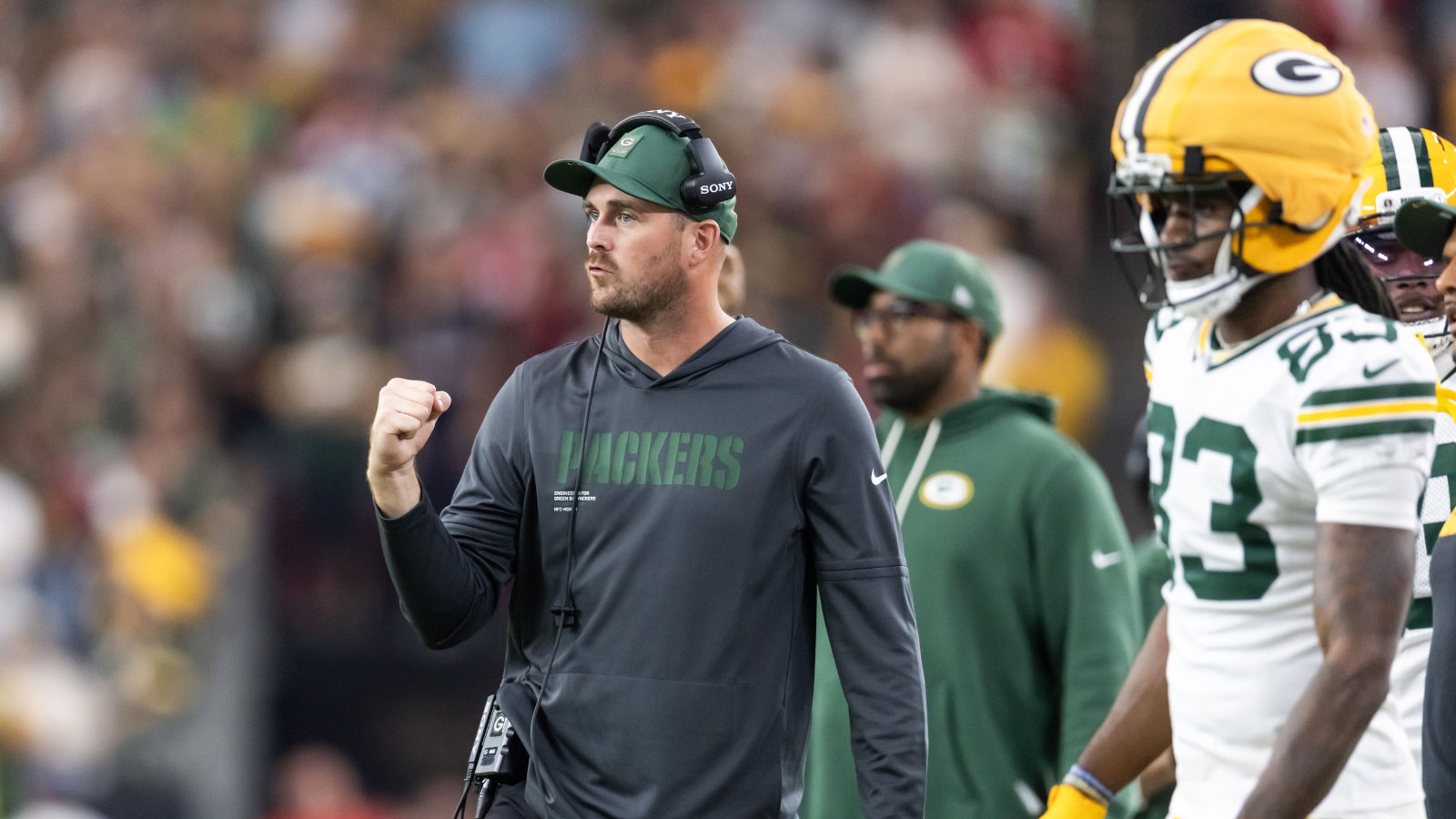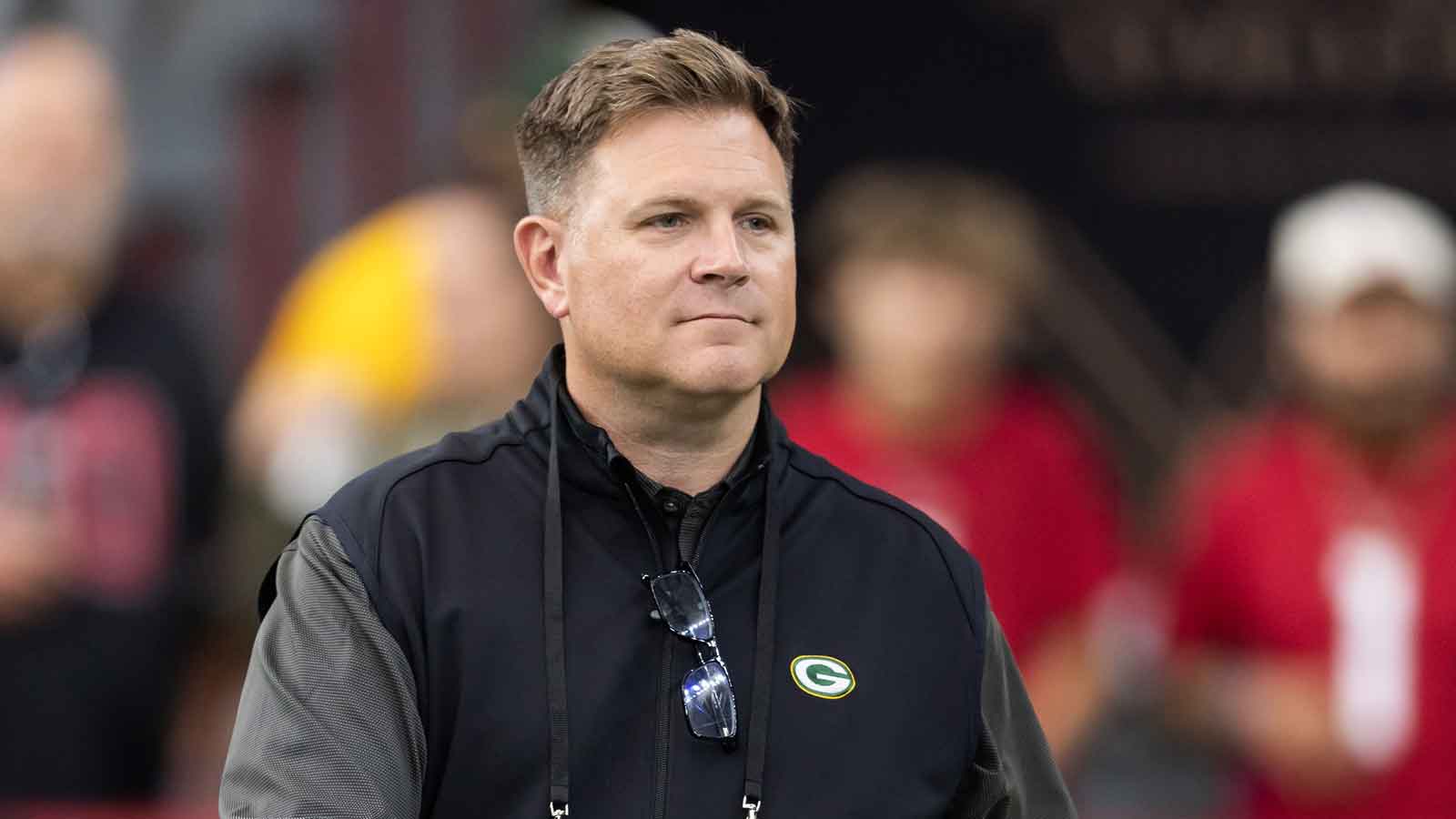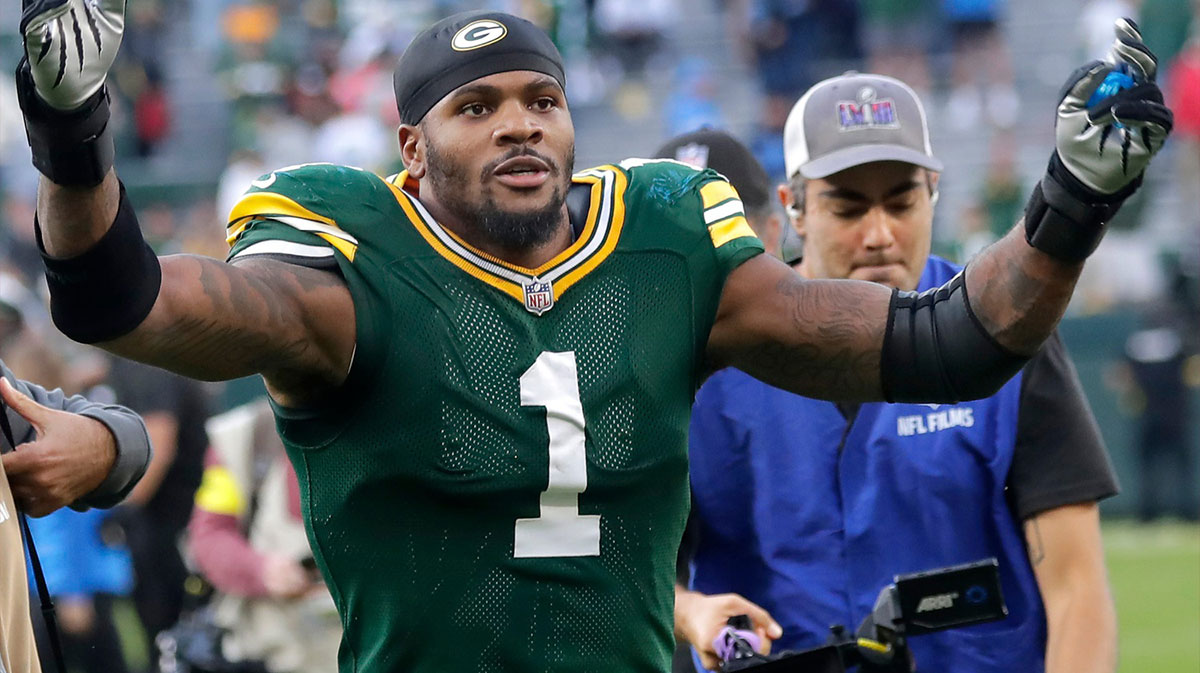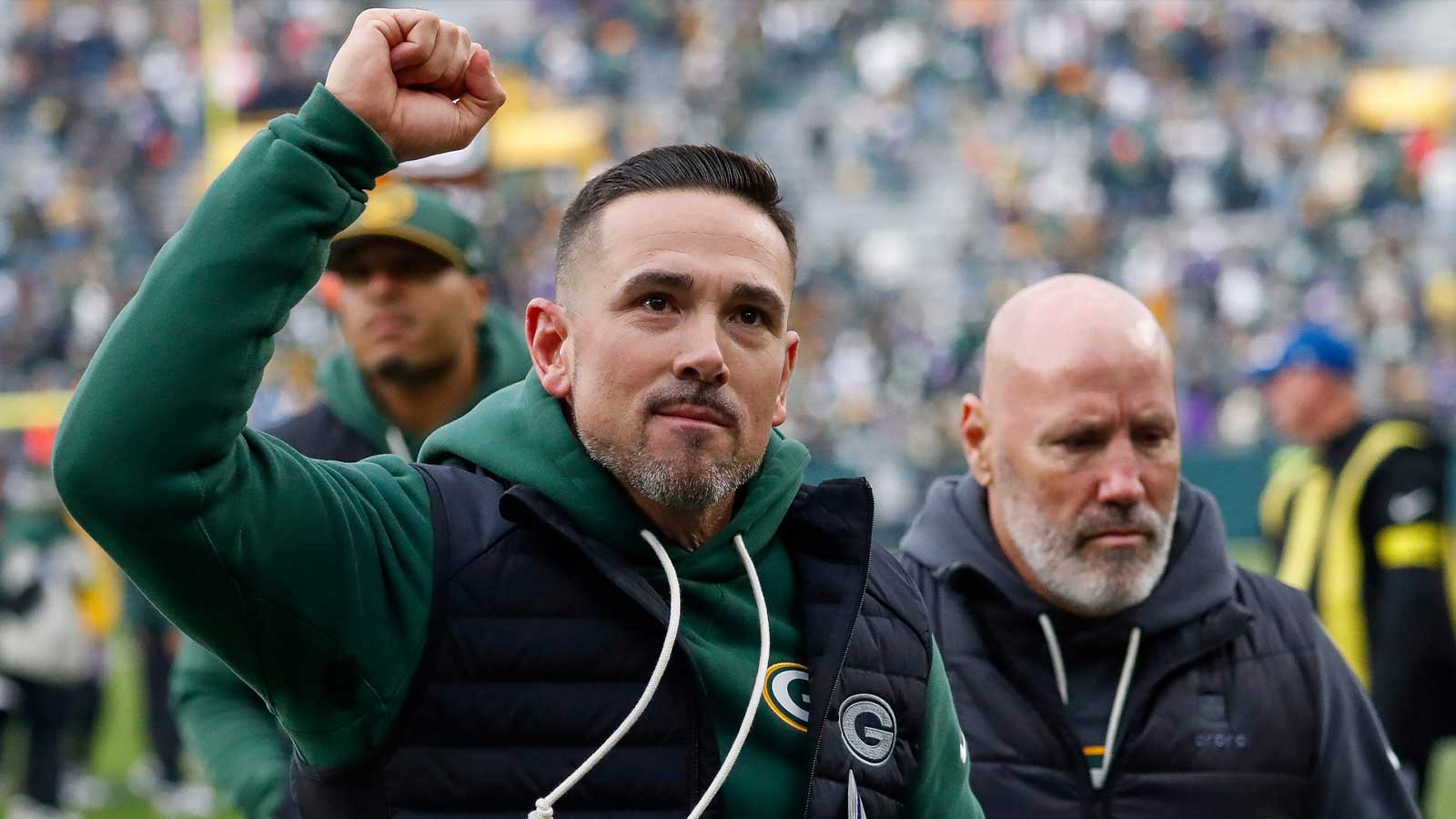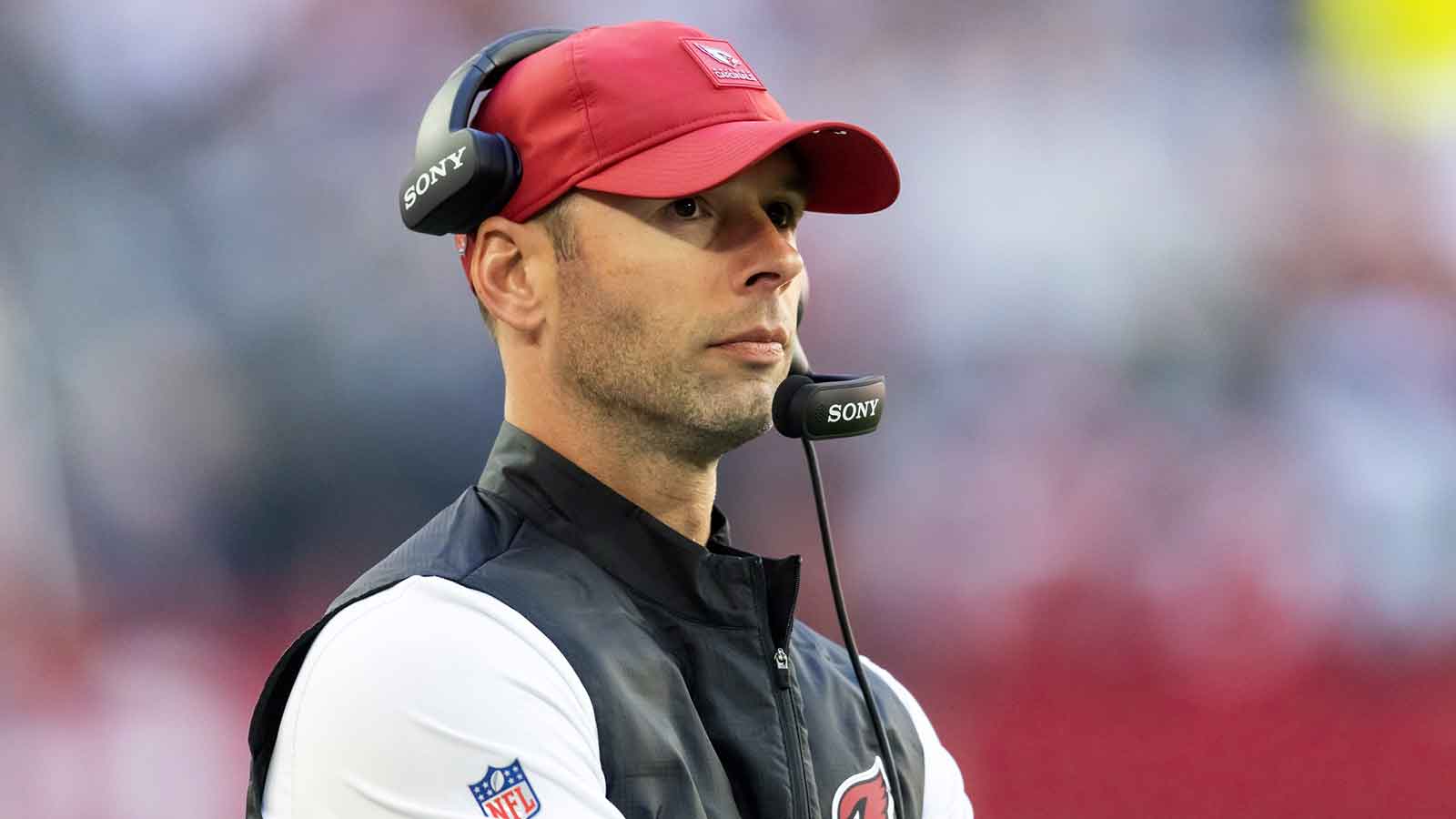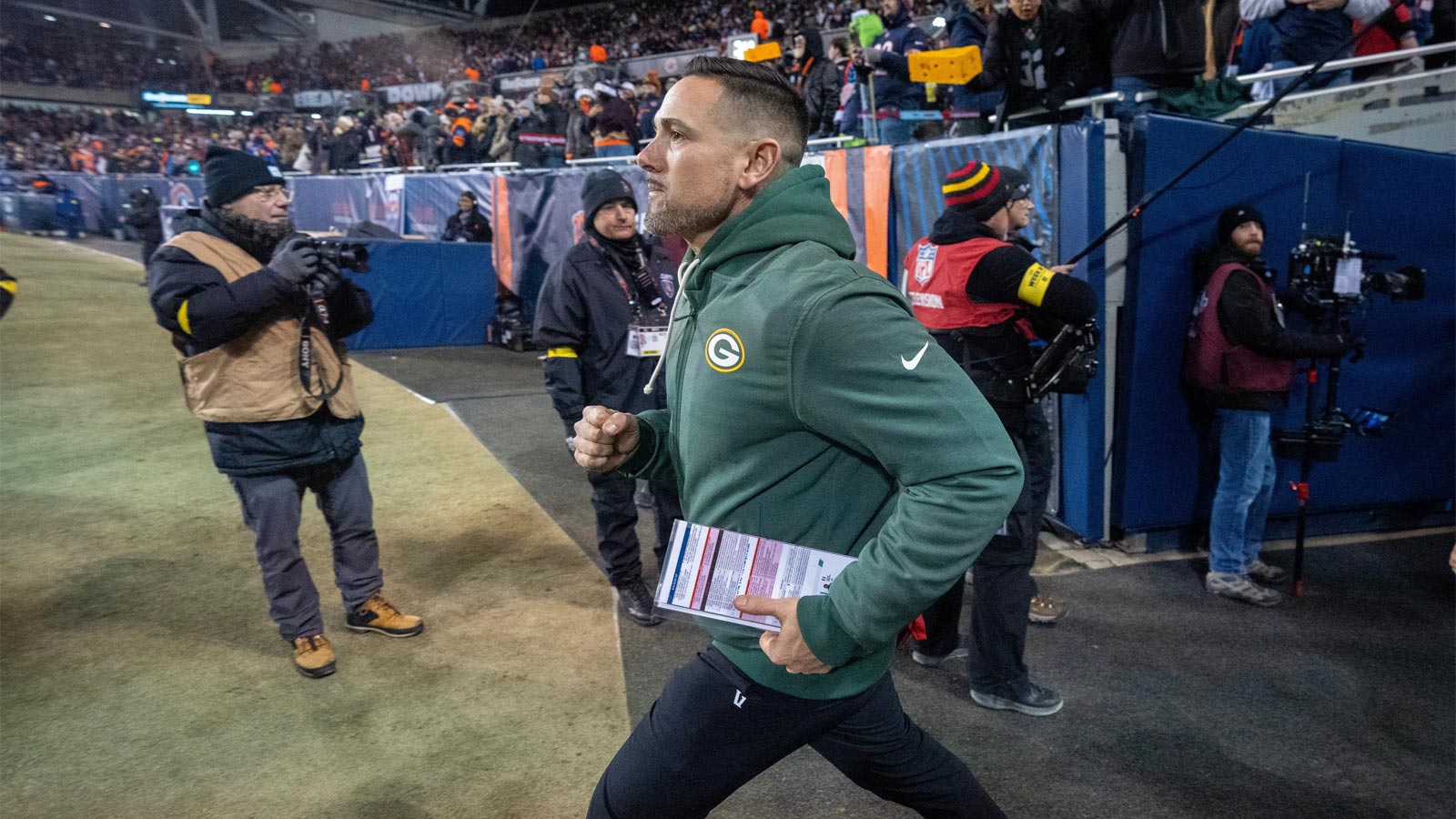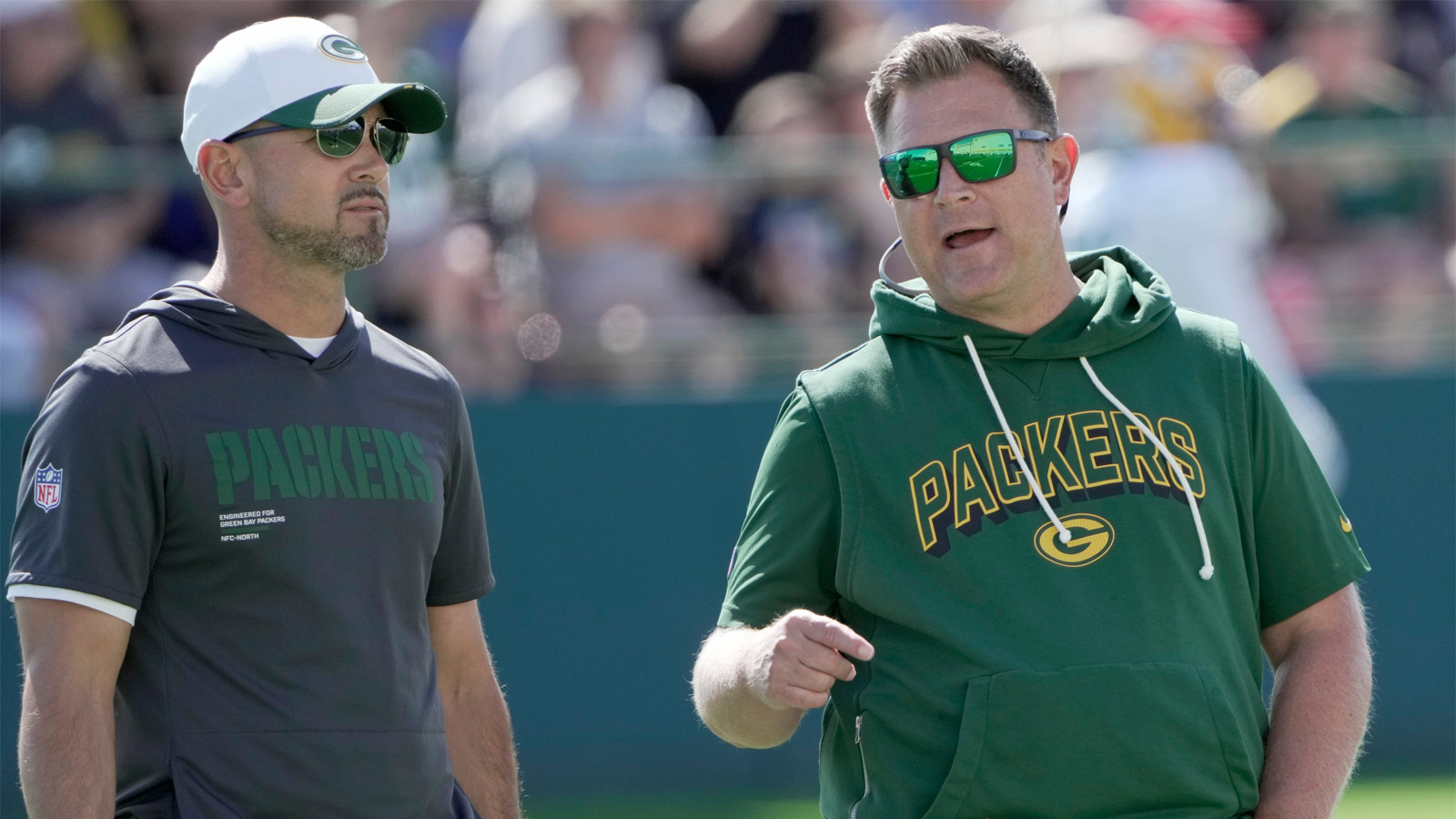Green Bay's offense failed to execute when it mattered most, squandering an opportunity to make a statement against the defending Super Bowl champion Philadelphia Eagles in a disappointing 10-7 Monday Night Football loss at Lambeau Field. The Packers had their chances throughout the evening, but self-inflicted wounds and poor decision-making in crucial moments proved to be the ultimate difference as the Eagles improved to 7-2 while Green Bay fell to 5-3-1.
The final score of 10-7 tells the story of a defensive struggle that should never have gone down to the final second. It was, however, the Packers' failure to capitalize on opportunities that ultimately cost them a winnable game against one of the NFL's elite teams. For a squad desperately fighting to stay competitive in the NFC North with Detroit and Chicago lurking just behind, this loss stings differently than most.
Offensive Inefficiency and Stalled Drives
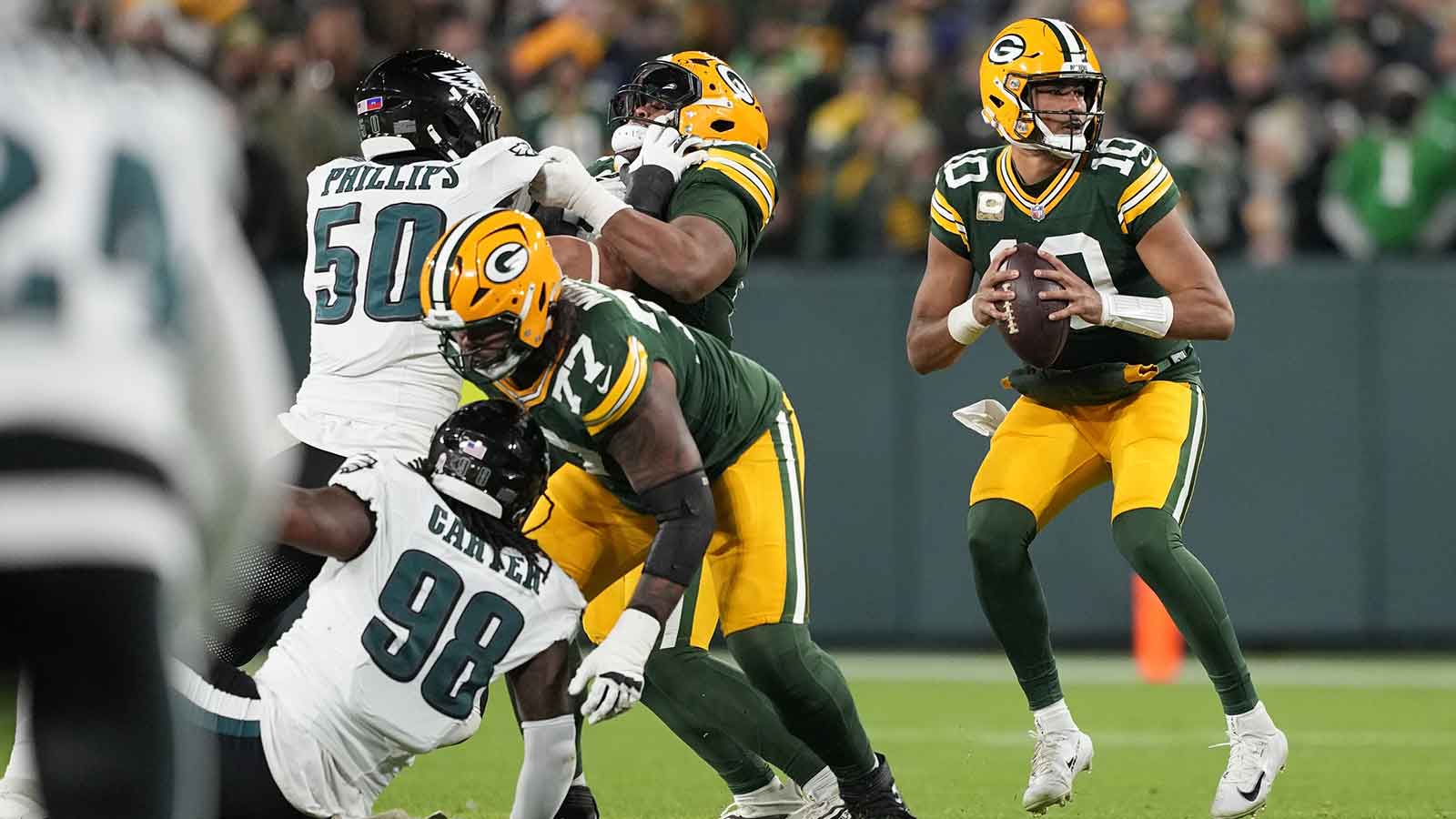
The Packers' offensive performance was perhaps the most glaring reason for the defeat. Jordan Love and company managed just 176 passing yards and seven points, a completely unacceptable showing for a team featuring elite talent at the skill positions. The quarterback was asked to work behind an offensive line that couldn't consistently create opportunities, and the pass catchers struggled to separate from Philadelphia's secondary when it mattered most.
Losing receivers to injury, including Romeo Doubs exiting with a chest injury and Matthew Golden dealing with a shoulder concern, certainly hampered Green Bay's passing game. However, the real issue was the Packers' inability to establish rhythm on the offensive side of the ball. Josh Jacobs carried the load with 21 carries for 74 yards and a touchdown, but the offense could never string together consistent drives to put real pressure on the Eagles.
Love's decision-making was also questioned at critical junctures. On multiple occasions, particularly when the Packers went for it on fourth down, the execution fell short. There were also moments where the offense simply failed to execute basic plays correctly, including snapping issues late in the game that could have cost them crucial seconds. For a quarterback who has been the future of this franchise, performances like this against marquee opponents are unacceptable if Green Bay wants to be taken seriously as contenders.
Crucial Mistake in Final Moments
Perhaps nothing epitomized the Packers' self-destruction more than the fumble with 1:30 remaining in the game. The Eagles had just punted, giving Green Bay a final opportunity to orchestrate a game-winning drive. Facing a fourth-and-1 from their own 44-yard line, the Packers handed off to Jacobs, who was immediately stuffed by Philadelphia's defense. Jaelan Phillips and Reed Blankenship combined to turn the Packers over on downs.
Oh ho ho ho! Very cool! Ojomo (DT 97) loud and clear calling out the 4th and 1 go-to of the Packers.
“Inside zone this way! Inside zone this way!” https://t.co/uEhuSSkReW pic.twitter.com/VThQ210wDT
— Benjamin Solak (@BenjaminSolak) November 11, 2025
This wasn't just any stop; it came when the Packers absolutely needed to keep the drive alive. The execution was poor, the decision to hand off instead of perhaps attempting a different play call questionable, and the result was catastrophic. The offense had been given a final chance to prove itself, and it delivered nothing but another zero. Coach Matt LaFleur's offense had been dealing with injuries all night, but that's no excuse for failing to execute when the game was on the line.
Defensive Effort Wasted
While the Packers' defense actually performed admirably throughout the evening, holding the Eagles' high-powered offense to just 10 points, their efforts were rendered meaningless by the offensive futility. A scoreless first half was frustrating for Green Bay, which had every opportunity to capitalize on the Eagles' sluggish start but couldn't move the football consistently enough to take advantage.
The defense forced multiple stops and made plays when needed, but they received minimal help from the offense. In tight games decided by three points, the team that makes the fewest mistakes wins, and that's exactly what happened. The Eagles' defense was excellent, but Philadelphia's offense also made the most of limited opportunities, scoring on their only two drives of the second half that mattered.
Make no mistake: this loss falls squarely on Green Bay's shoulders. The Packers faced a defending Super Bowl champion playing in conditions more suited to defensive struggles, and they had legitimate chances to win. Brandon McManus's 64-yard field goal attempt being wide left on the final play was the exclamation point, but it wasn't the reason Green Bay lost. The Packers lost because they couldn't move the football consistently, made critical mistakes at crucial times, and failed to execute when their season potentially hung in the balance.
For a team sitting at 5-3-1 in a competitive NFC North with playoffs still very much in reach, this was a winnable game. The Eagles didn't beat the Packers; the Packers beat themselves. That's far more troubling than any loss to a superior opponent could ever be.

